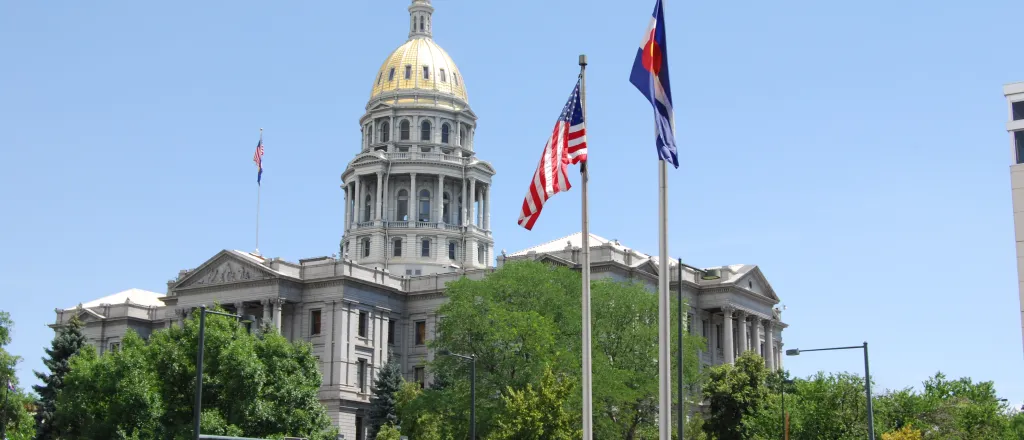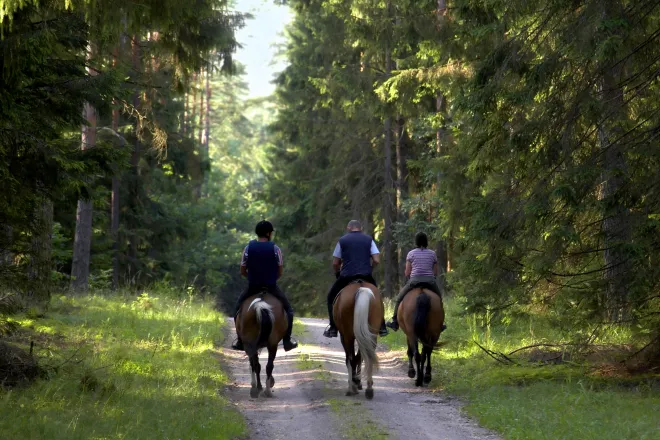
Colorado gets passing, not perfect, grade on redistricting process
(Colorado Newsline) Colorado’s redistricting process was praised by a national coalition of advocacy groups for its use of independent commissions, though the organization said the state could have done a better job engaging the general public for feedback on proposed districts.
The state earned a B rating on the Community Redistricting Report Card from the Coalition Hub for Advancing Redistricting and Grassroots Engagement, which analyzed every state’s performance in drawing new state legislative and congressional lines following the most recent census.
Colorado is among eight states that received that grade, joining Alaska, Iowa, Maine, Michigan, Montana, New Mexico and Vermont. Only California and Massachusetts earned an A.
The grades “reflect how different methods for drawing districts impact the ability of community leaders to effectively change maps, how effective organizing can achieve wins even under the most difficult circumstances and how communities of color have fought back against efforts to limit their political power,” said Dan Vicuña, the director of redistricting and representation at Common Cause.
Researchers gave grades based on the aggregate community feedback they received from people and organizations in each state. They considered aspects in the process such as transparency, opportunities for public input and willingness of decision makers to draw districts based on that input, and adherence to non-partisanship.
Colorado used independent redistricting commissions — one for congressional districts and one for state legislative districts — for the first time in 2021 after voters approved the process in 2018. Each commission had 12 members: four Democrats, four Republicans and four unaffiliated voters. The commissioners were determined through a combination of random selection of qualified applicants, selection by legislators and a panel of retired judges.
The Colorado Supreme Court approved the maps for the state’s eight congressional districts and 100 state legislative districts in November 2021.
“Advocates found that the (independent redistricting process) allowed for significantly more community input than in prior cycles,” said Elena Langworthy, the deputy director of policy at State Voices, a healthy democracy nonprofit.
She said that in general, independent commissions tend to be more transparent and fair than state legislatures that are tasked with drawing districts.
Void in public education
There were over 5,000 public comments and 170 proposed maps submitted during Colorado’s redistricting cycle. A lot of that feedback, however, was for maps based on estimated census data, as there was a pandemic-related delay in actual data. The report notes that the opportunities for feedback on maps using actual data was more limited than originally promised.
Colorado’s congressional redistricting commission needed to account for an additional congressional district during its process. Because of population growth, Colorado gained one new seat — what is now the 8th Congressional District, represented by Democratic Rep. Yadira Caraveo.
The report noted that even though advocates submitted map proposals that would have made the new district majority-Latino, the final map instead made it an opportunity district, where some white voters could vote with racial minorities to elect the minority-preferred candidate. The commission should “prioritize creating competitive districts over protecting minority communities,” the report said.
Latino voters were key in Caraveo’s victory.
The report suggested that for the next redistricting cycle, the state should educate the public more on the process.
“Advocates found that the state did not have sufficient funding for community outreach, and the public education infrastructure left a void which nonprofit organizations needed to fill,” the report reads.
Redistricting takes place every 10 years to coincide with the national census.
Colorado Newsline is part of States Newsroom, a network of news bureaus supported by grants and a coalition of donors as a 501c(3) public charity. Colorado Newsline maintains editorial independence. Contact Editor Quentin Young for questions: info@coloradonewsline.com. Follow Colorado Newsline on Facebook and Twitter.
















